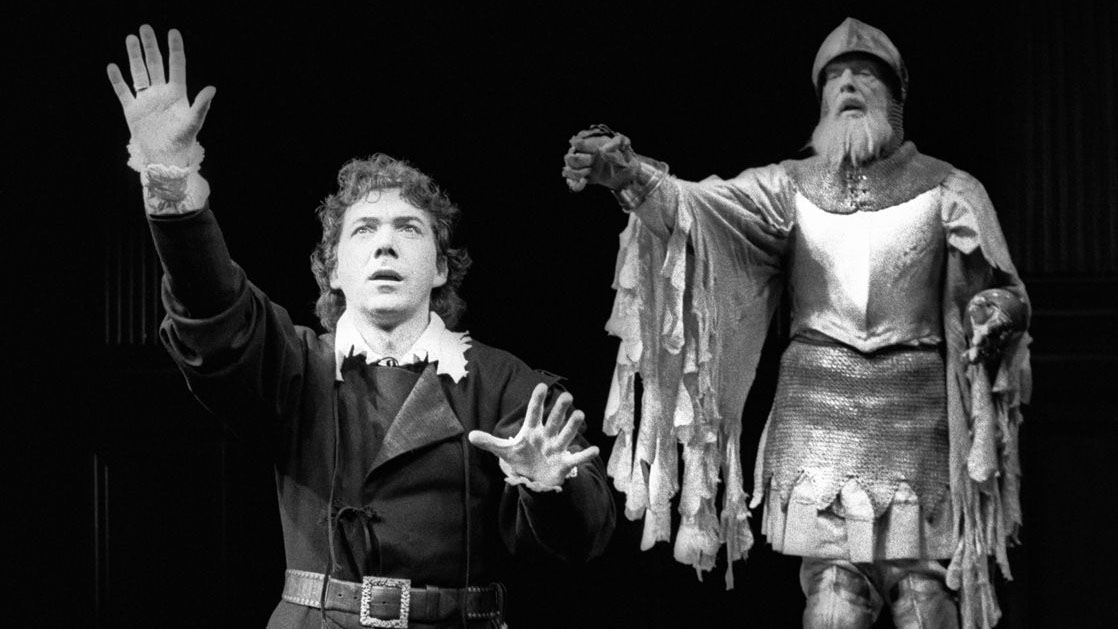Smith, Ian. "Reading the violent Black man myth in Hamlet." Throughlines. www.throughlines.org/suite-content/reading-the-violent-black-man-myth-in-hamlet. [Date accessed].
Reading the violent Black man myth in Hamlet
Further reading for an interrogation of race in Shakespeare's Hamlet.

Coates, Ta-Nehisi. “The Great Fire.” Vanity Fair, August 24, 2020. https://www.vanityfair.com/culture/2020/08/ta-nehisi-coates-editor-letter
Loomba, Ania. Shakespeare, Race, and Colonialism. Oxford: Oxford University Press, 2002.
Muhammad, Khalil Gibran. The Condemnation of Blackness: Race, Crime, and the Making of Modern Urban America. Cambridge: Harvard University Press, 2011.
Parker, Patricia. “Black Hamlet: Battening on the Moor.” Shakespeare Studies 31 (2003): 127-164.
Smith, Ian. “White Skin, Black Masks: Racial Cross-Dressing on the Early Modern Stage.” Renaissance Drama 32 (2003): 33-67.
Further learning
Recommended
.jpg)
Titus Andronicus as the gateway drug
Students believe they know what Romeo and Juliet or Hamlet or Macbeth mean, but rarely do those “meanings” stem from the students’ close engagements with the texts. Using Titus Andronicus at the beginning of any Shakespeare class forces students to experience Shakespeare anew.

.jpg)
-PaintingStudyblack.jpg)



